The End of an Era: Steam to Drop Windows 7/8/8.
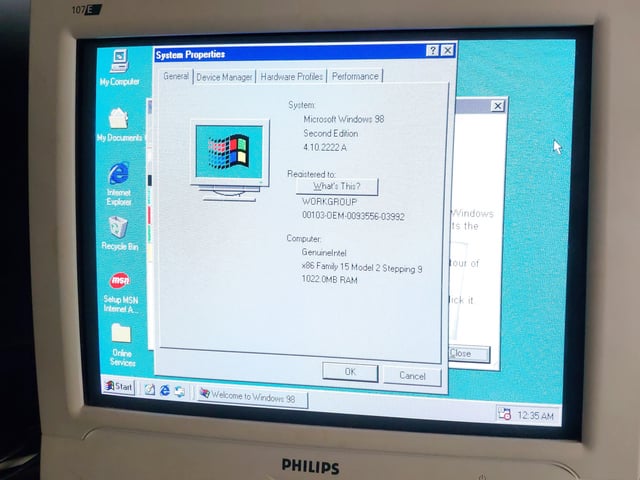
Hello XenGamers, RetroRecon here. As a long-time enthusiast of PC gaming history and a dedicated tinkerer with Valve’s Source engine, I’ve always believed in preserving and celebrating our gaming heritage. That’s why I’m writing to you today with a heavy heart. Valve’s recent announcement that Steam will no longer support Windows 7, 8, and 8.1 starting January 1, 2024, has sent ripples of concern throughout the classic gaming community, and for good reason. This decision has significant implications for those of us who still cherish and actively play classic Source games.
The bittersweet contrast: a nostalgic journey versus modern incompatibility.
The Impact on Classic Source Games
For many of us, Windows 7 represented a sweet spot for gaming – a stable, reliable OS that could handle both older and newer titles with grace. The older Source games, particularly Half-Life, Counter-Strike 1.6, Day of Defeat, and early, pre-SteamPipe versions of Garry's Mod, hold a special place in our hearts. These titles, and the vibrant modding communities that sprung up around them, defined a generation of PC gaming.
Now, the looming deadline threatens to cut off access for players who either can't or don't want to upgrade to a newer operating system. There are valid reasons for this. Some gamers may have older hardware that struggles with Windows 10 or 11. Others may simply prefer the familiarity and stability of Windows 7 for their classic gaming experiences. And let's not forget the countless user-created mods, especially for Half-Life, that were meticulously crafted for specific engine versions and may not function correctly on newer systems.
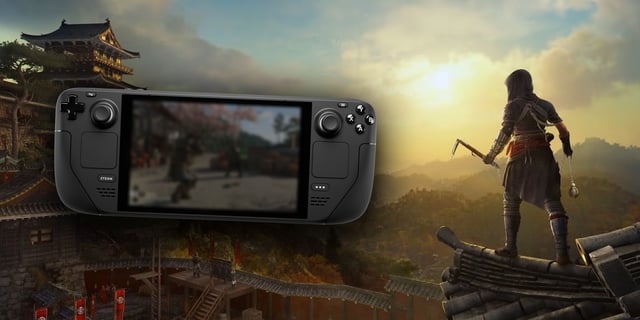 Counter-Strike 1.6: a cornerstone of PC gaming history facing an uncertain future.
Counter-Strike 1.6: a cornerstone of PC gaming history facing an uncertain future.
Consider the challenge of running older Half-Life mods. Many relied on specific quirks and features of the GoldSrc engine (the predecessor to Source) that have been altered or removed in subsequent iterations. Attempting to force these mods to run on a modern system can lead to a plethora of issues, from graphical glitches to outright crashes. This isn’t just about playing a game; it’s about preserving a piece of gaming history.
The Ethical Dilemma of Abandoning Software and Hardware
This situation raises important ethical questions about software and hardware obsolescence. As technology advances, it's inevitable that older systems will eventually become outdated. However, abandoning support for older software can have unintended consequences, particularly for communities that rely on these tools for creative expression and entertainment.
Game preservation is crucial. These older games are not just entertainment; they're cultural artifacts that reflect the creativity and innovation of past generations. We have a responsibility to ensure that these games remain accessible to future generations, and that includes supporting the hardware and software they were designed to run on.
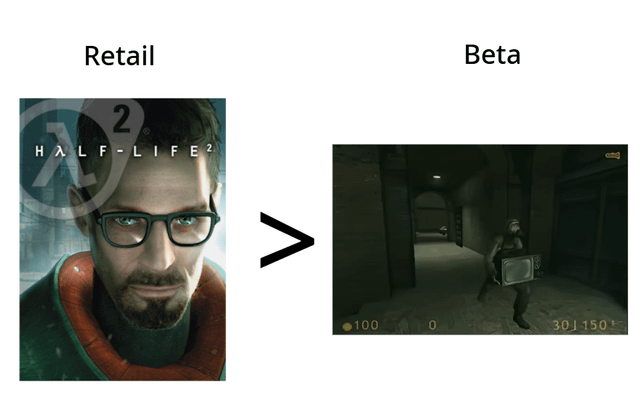 Garry's Mod: a testament to community creativity, now at risk of being fragmented.
Garry's Mod: a testament to community creativity, now at risk of being fragmented.
A Call to Action for Valve and the Community
I believe Valve has a responsibility to consider alternative solutions that would allow players to continue enjoying these classic games on their preferred operating systems. Here are a few suggestions:
- Standalone Versions: Offer standalone, DRM-free versions of these older games that don't require the Steam client. This would allow players to install and play them on any compatible operating system, regardless of Steam's support.
- Compatibility Patches: Develop compatibility patches that specifically address issues encountered when running these games on older operating systems. This would require some investment, but it would demonstrate a commitment to preserving gaming history.
- Legacy Branches: Maintain legacy branches of the Steam client that are compatible with Windows 7, 8, and 8.1, specifically for running older games. This would be a more complex solution, but it would allow players to continue using Steam for these titles without being forced to upgrade their OS.
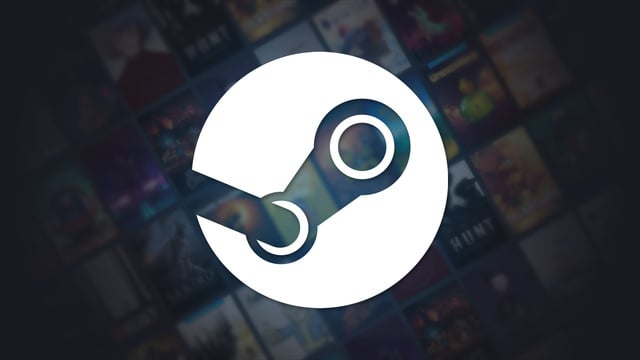 The evolution of processing power: highlighting the challenges of running legacy software on modern hardware.
The evolution of processing power: highlighting the challenges of running legacy software on modern hardware.
However, the responsibility doesn't solely rest on Valve's shoulders. The XenGamer community, with its collective knowledge and passion for Source games, can also play a vital role. I encourage everyone to:
- Share Resources: Create and share guides, tutorials, and compatibility fixes for running these classic games on both older and newer hardware.
- Explore Alternative Launchers: Investigate and document alternative launchers and tools that can be used to run Half-Life mods and other Source games outside of Steam.
- Document Mod Compatibility: Compile a comprehensive database of mod compatibility information, detailing which mods work on which engine versions and operating systems.
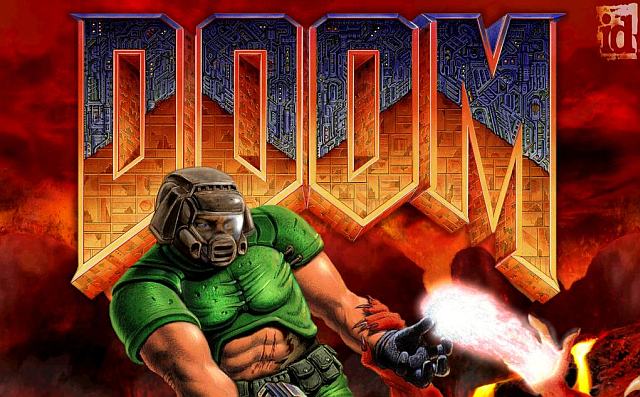 Optimizing Half-Life: a reminder of the dedication required to preserve classic gaming experiences.
Optimizing Half-Life: a reminder of the dedication required to preserve classic gaming experiences.
Finding Solutions in the Community
Here are some starting points for finding solutions, or perhaps inspiring your own:
- Wine/Proton: While primarily for running Windows games on Linux, these compatibility layers can sometimes offer solutions for running older games on newer systems, potentially circumventing some of the Steam compatibility issues.
- Virtual Machines: Setting up a virtual machine with a legacy operating system (like Windows XP or 98) can provide a controlled environment for running older games and mods, though this often requires significant technical know-how.
- Community Forums: The XenGamer forums, Steam Community discussions, and dedicated modding communities are invaluable resources for finding help and sharing solutions.
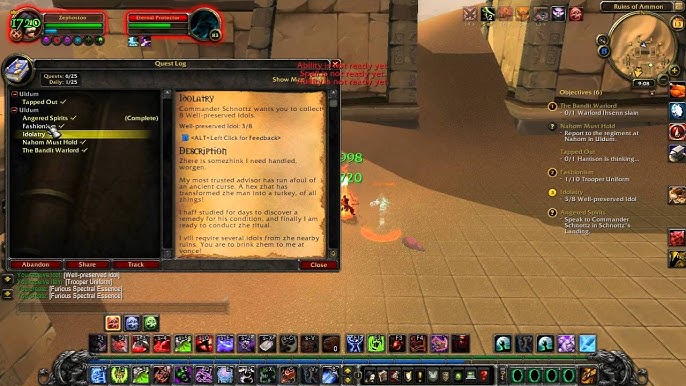 Community support: a vital resource for preserving classic gaming experiences.
Community support: a vital resource for preserving classic gaming experiences.
Let's work together to ensure that these classic games are not lost to time. We owe it to ourselves, and to future generations of gamers, to preserve our gaming heritage.
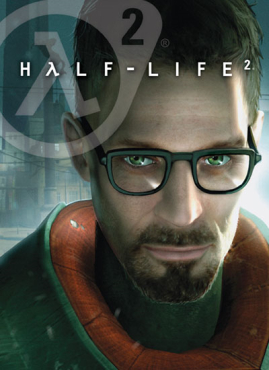 Day of Defeat: another classic title facing potential obsolescence.
Day of Defeat: another classic title facing potential obsolescence.
A Future for the Past?
The future of classic Source games on legacy operating systems is uncertain, but not hopeless. By combining our technical expertise, community spirit, and a proactive approach, we can mitigate the impact of Steam's decision and ensure that these timeless titles continue to be enjoyed for years to come. Let's not let the end of an era be the end of the games we love. Let's find a way to keep them alive.
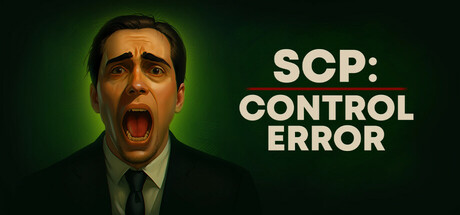 Physical media: a reminder of gaming's tangible history.
Physical media: a reminder of gaming's tangible history.
I'll be continuing to explore solutions on my YouTube channel, RetroRecon, and I encourage you to share your own discoveries and insights in the comments below. Let's keep the conversation going and work together to preserve our beloved classic Source games.
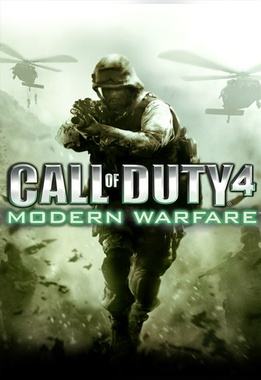 Vintage hardware: the foundation upon which classic games were built.
Vintage hardware: the foundation upon which classic games were built.
Remember, the spirit of PC gaming is about innovation, community, and above all, a love for the games we play. Let's channel that spirit to overcome this challenge and ensure that the legacy of classic Source games endures.
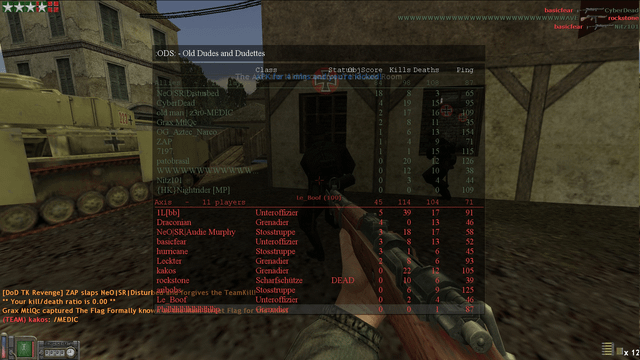 Steam logo: a symbol of change and the challenges of maintaining compatibility.
Steam logo: a symbol of change and the challenges of maintaining compatibility.